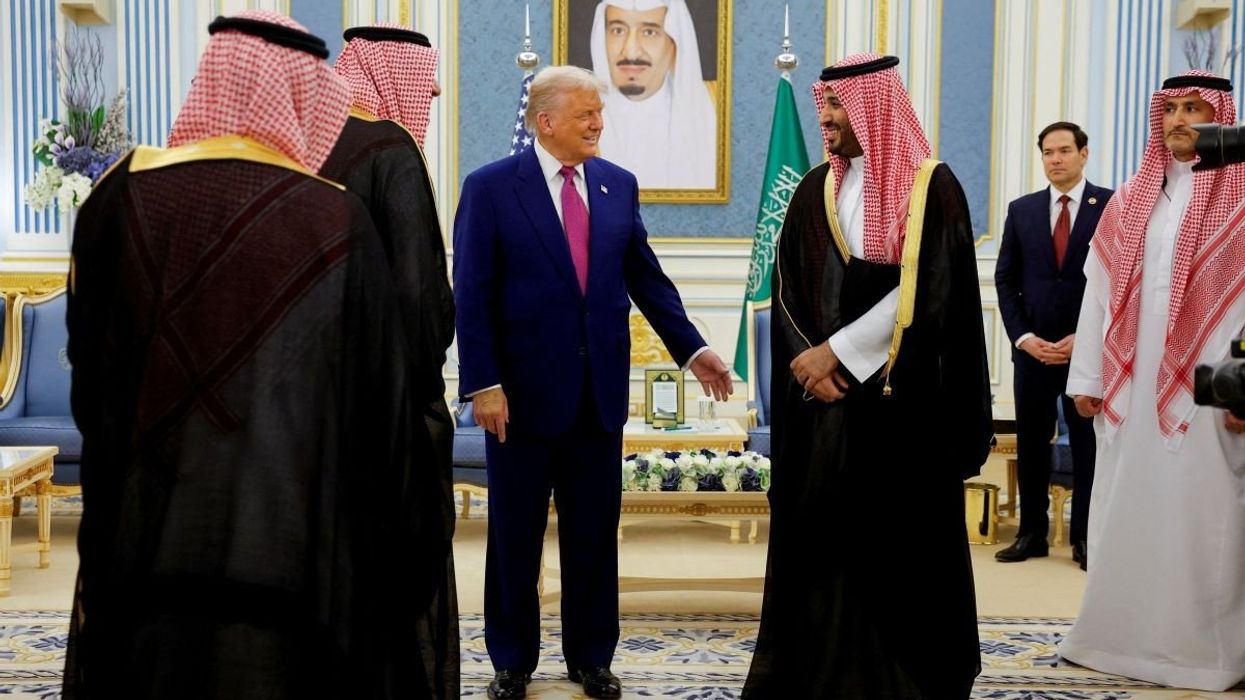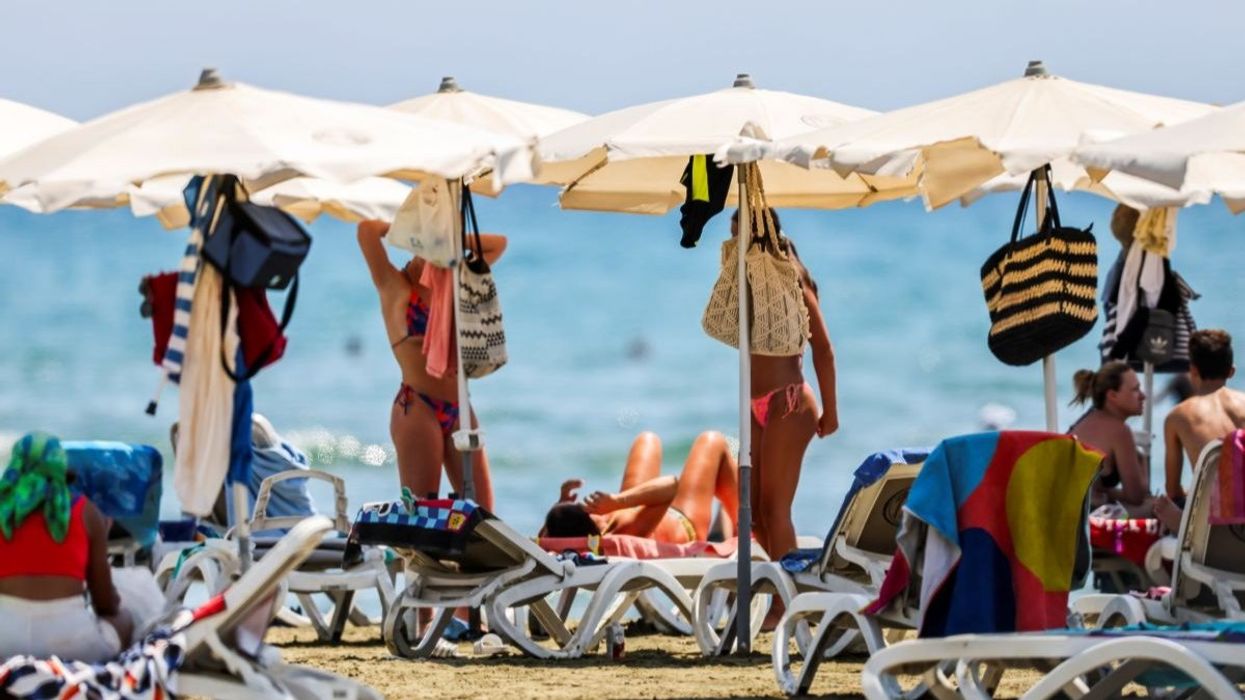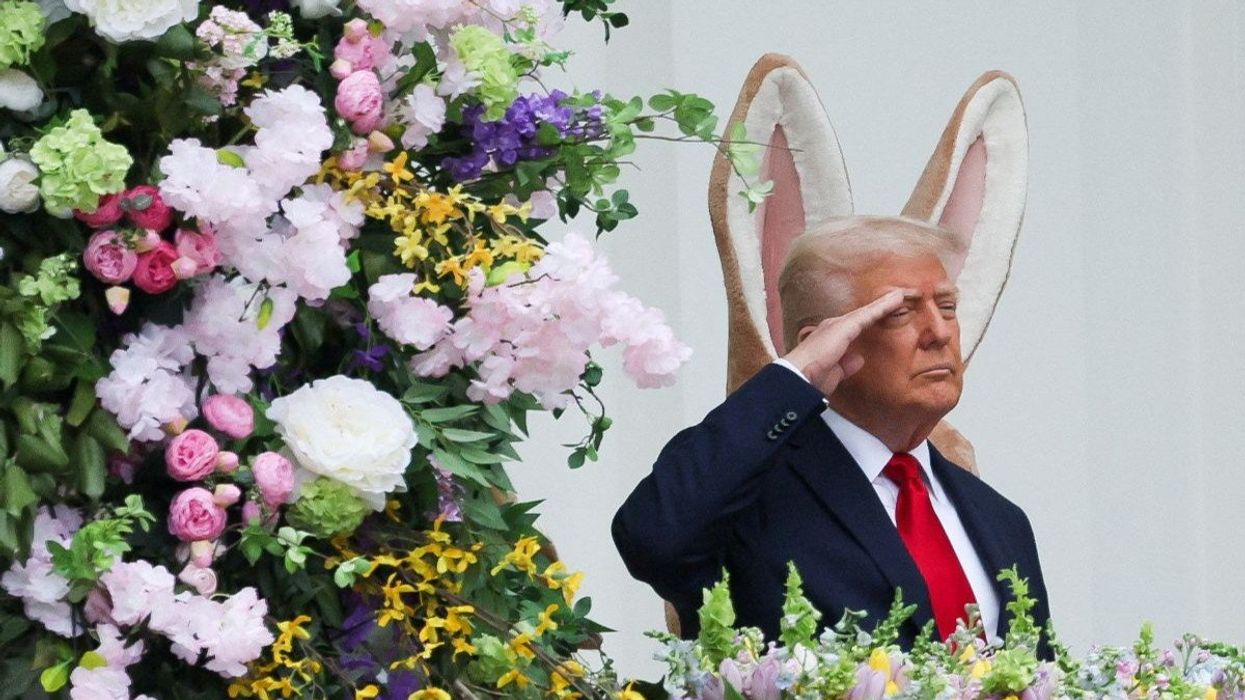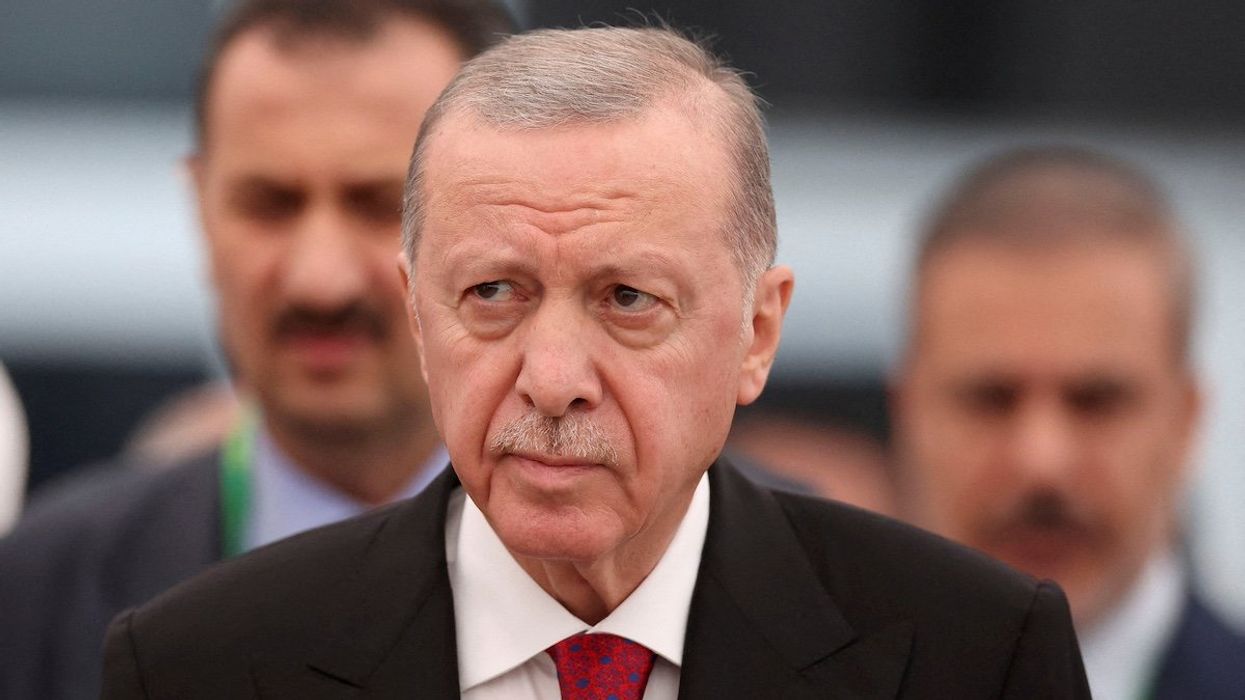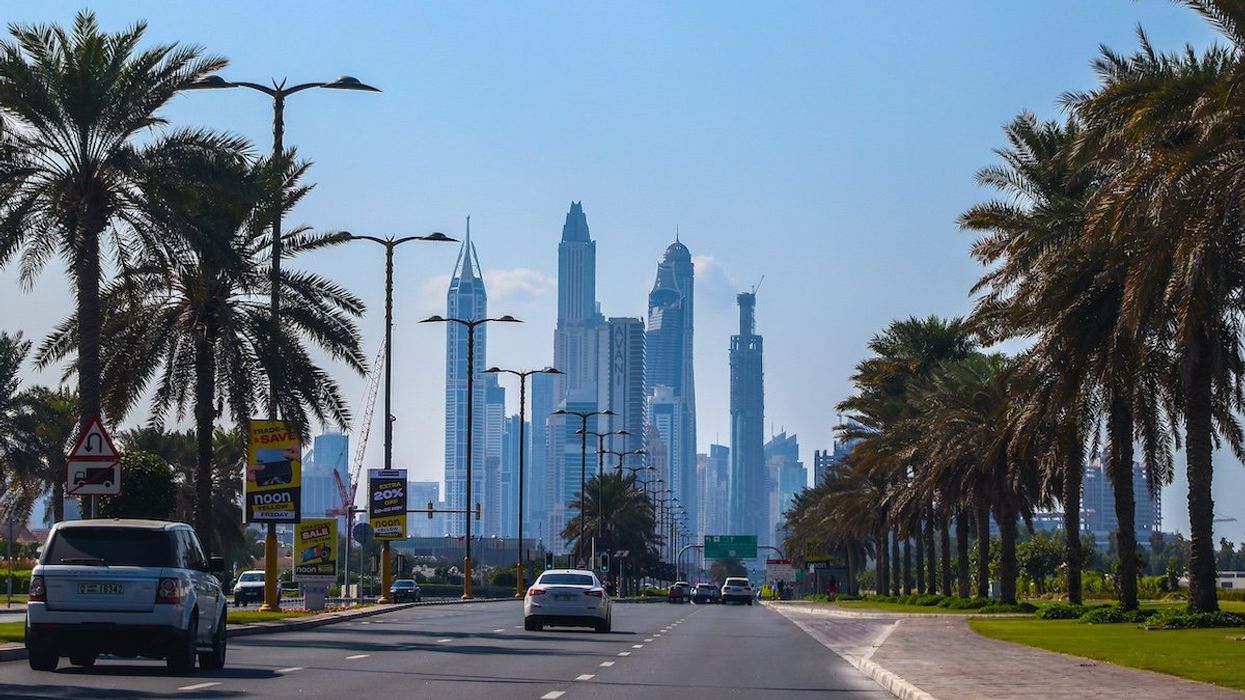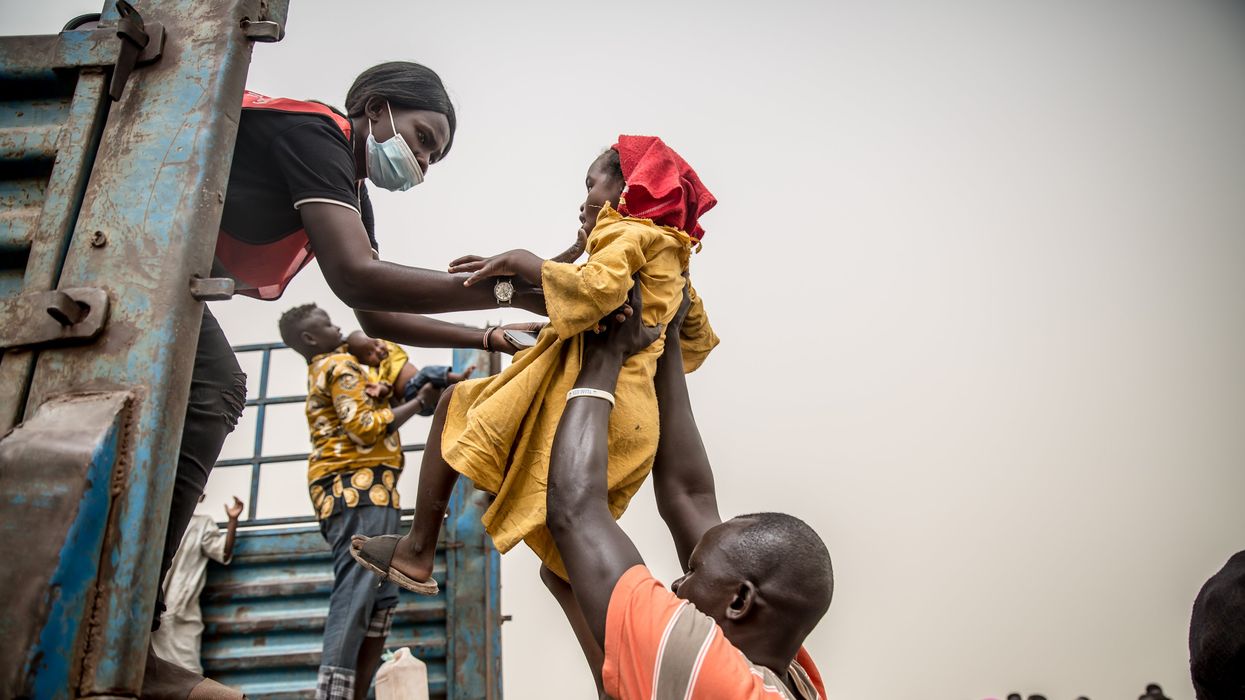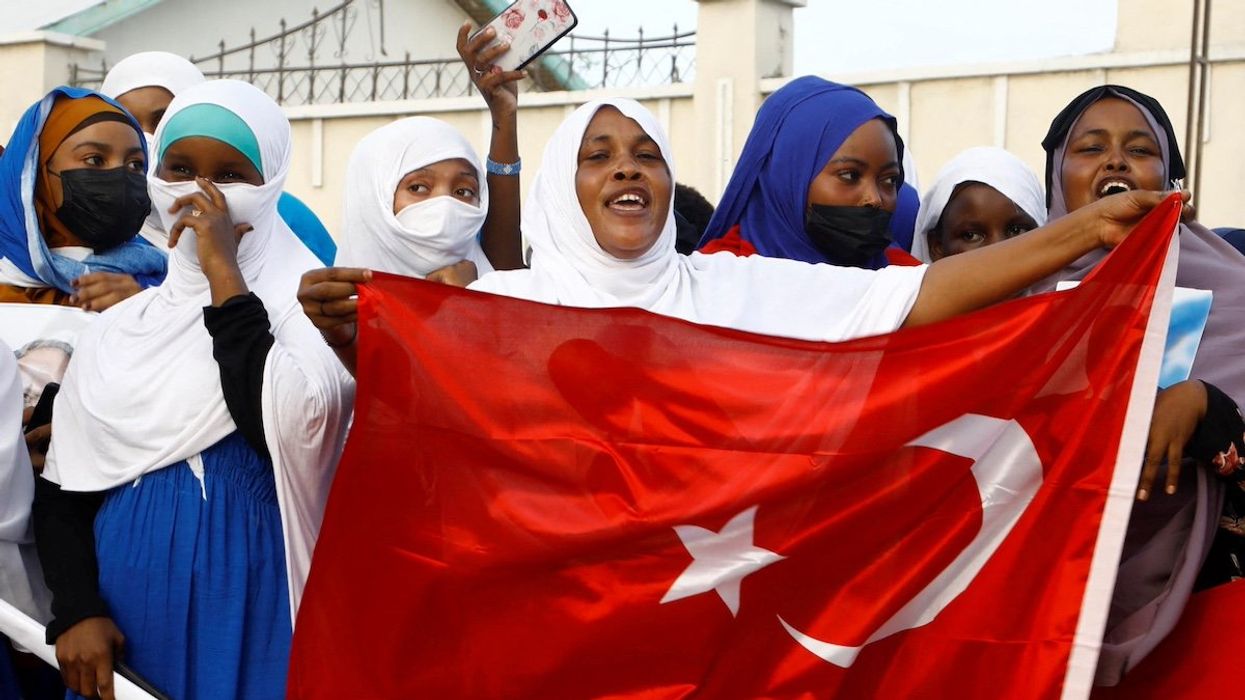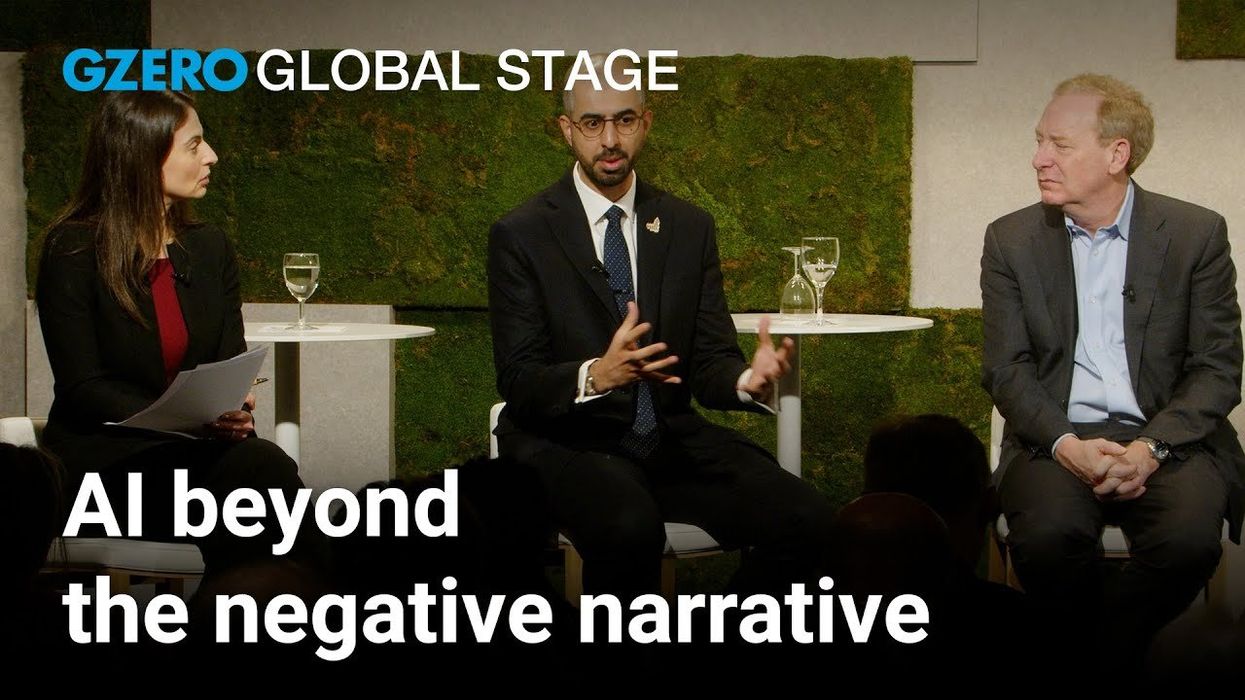Analysis
Dollar diplomacy: Finance is the focus as Trump heads to the Gulf
In his first diplomatic overseas trip since returning to office, Donald Trump is embarking on a four-day tour through a trio of Gulf states with the goal of bringing home over $1 trillion in deals and investment pledges – and a free $400 million plane for good measure.
May 12, 2025
